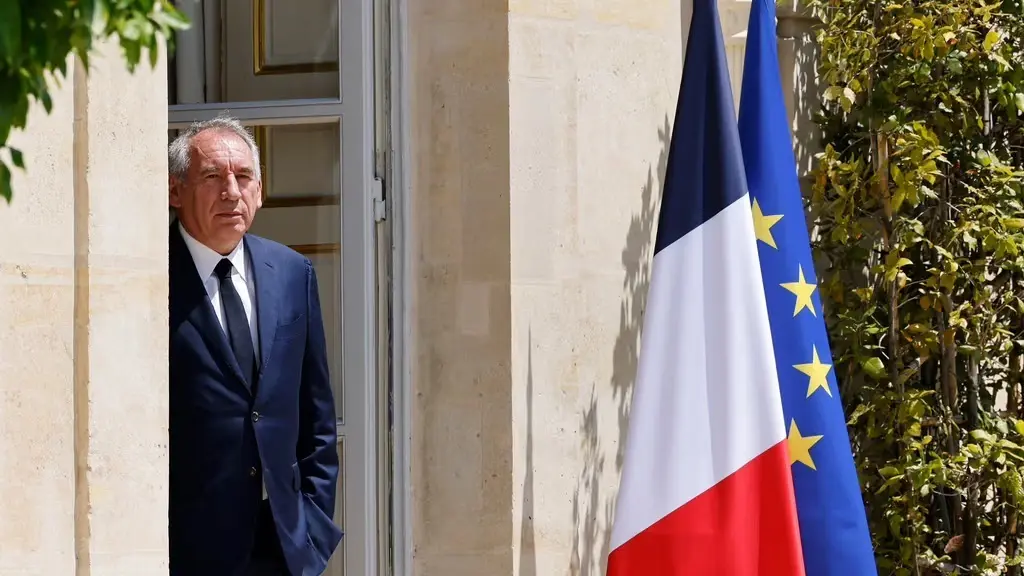Sensitive content
This site contains sensitive content that includes references to sexual violence.
Brave Movement

Support from France’s Prime Minister for the creation of a national survivor council has been welcomed by the Brave Movement as ”An essential step towards ending violence against children in France.”
The announcement, made by François Bayrou today at the National Assembly in Paris brings closer the establishment of a body made-up of survivors of abuse, to advise on legislation, policies, and programs aimed at ending it.
It’s the first time that the head of the French government has given public support to establish such a group.
Making the announcement, Prime Minister Bayrou said: “What I am sure about is that we need to hear better from victims. If I can, this is what I will propose - a council of victims.” together with “a scientific council” under an independent authority “that we have to invent”.
Mié Kohiyama, co-founder of the Brave Movement and BeBraveFrance said:
“We welcome this public support for a council of survivors and victims. Because of their lived experience, survivors and victims have a major role to play in combating violence against children. A National Council of Survivors and Victims is the essential body to harness this knowledge and strengthen public policies aimed at ending this violence.
Brave stands ready to support the creation of a Council which can amplify survivor voices, provide an exchange platform for experts and survivors and serve as an invaluable resource in the development of policies tackling child sexual violence.”
Constance Bertrand, French survivor spokesperson of the Saint-Dominique de Neuilly-sur-Seine survivors' group said:
“A National Council would be an initiative that gives victims a voice and a place. The creation of the Council would mark a paradigm shift and the beginning of a new era in child protection.”
The Brave Movement campaigns for the creation of national survivor councils to:
Survivors provide unique insights into the complexities, challenges, and needs of those affected by child sexual abuse and their lived experiences help identify gaps in existing policies and services that might otherwise go unnoticed. By actively involving survivors in the development of responses, with compensation and mental health support as required, governments can ensure that interventions are more effective and truly centred around the needs of those impacted. This approach leads to more informed, compassionate, and impactful policymaking.
For more information please contact Marek Pruszewicz [email protected] +44 7740 631769
